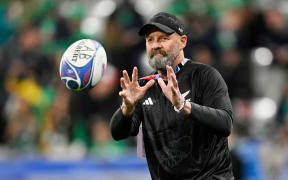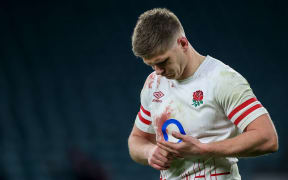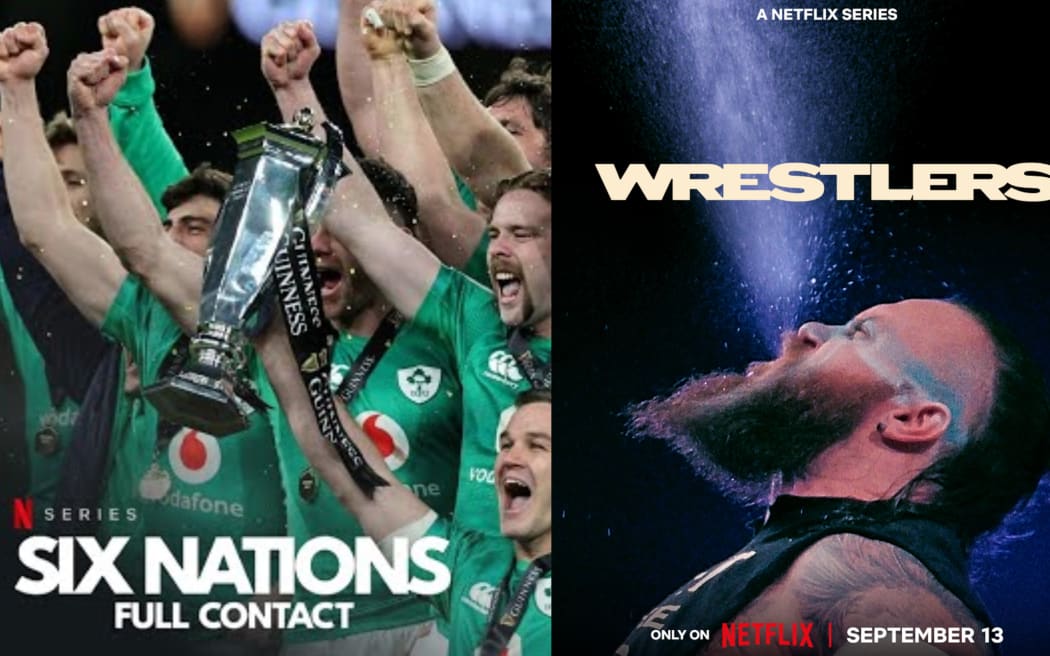
Full Contact: Six Nations and Wrestlers Photo: Netflix
How can a documentary about something that isn't real be more real than one about something that is? If you've got some time to spare, right now on Netflix Six Nations: Full Contact and Wrestlers (both eight, one hour episode series) answers that riddle.
Full Contact attempts to look at the inner workings of the six teams battling it out for European rugby supremacy in 2023, and the results are pretty mixed. It certainly looks the part, with beautiful action shots of packed stadiums and pageantry that the 6N is famous for.
But anyone expecting anything particularly profound from the rest of the show is going to pretty disappointed. Most of the off-field interviews feel exactly like what a rugby player or coach having to do media sounds like anyway, with the restrictions on what the film crew could do becoming painfully apparent early on.
The most obvious of these is Wales and former Chiefs coach Warren Gatland, whose interactions with his wife seem awfully staged - although he's certainly not alone when it comes to wooden line readings by the featured players. One exception is Ellis Genge, whose backstory of breaking through English rugby's class divide to represent his country is conveyed in a pretty compelling manner.
However, the whole thing is too by-the-numbers to probably make much of a lasting impression. It's got all the trimmings of the modern sports documentary: interviews staring straight at the lens, washed out backdrops and mood lighting, but most notably the cloyingly repetitive messaging about how tough and serious the subject sport is.
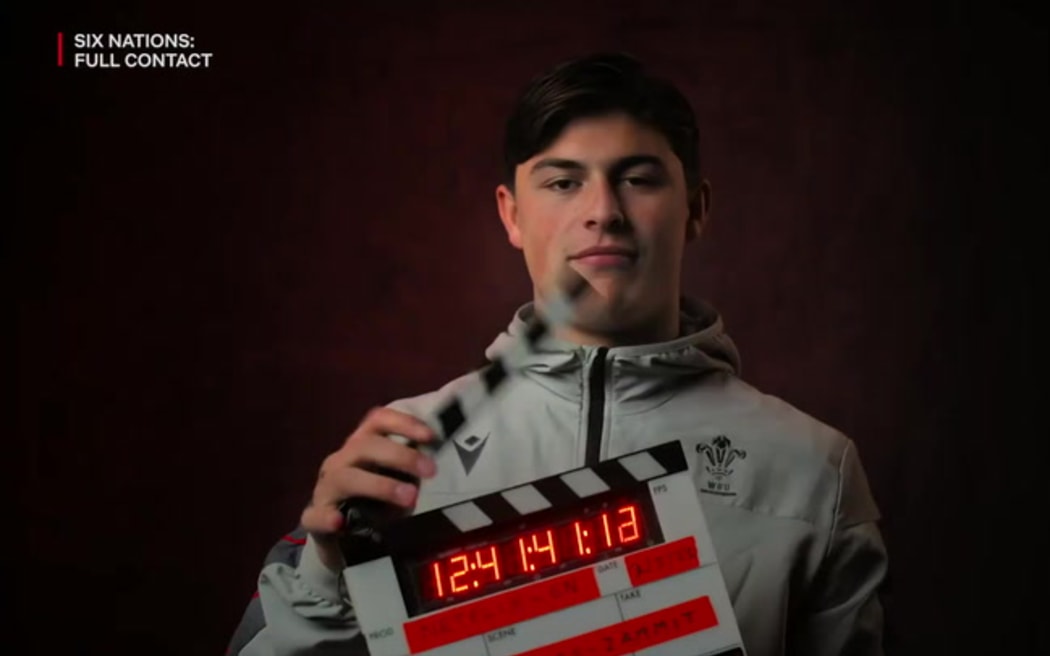
Welsh wing Louis Rees-Zammit in the Full Contact: Six Nations documentary series. Photo: Netflix
The closest thing to comic relief is provided by the foul-mouthed former All Black Kieran Crowley and Neil Barnes and, to be fair, if anyone was in charge of the famously awful Italian team they'd be inclined to swear as profusely as the Taranaki coaching duo. When they're not dropping f-bombs and physically abusing anything within arm's reach while watching their team lose yet another game, Crowley and Barnes simply sigh their way through the realisation that chasing a Super Rugby gig might have been the better option.
It's a long way from the gigantic stadiums of the 6N to the tiny Davis Arena in Louisville, Kentucky - 'arena' being a pretty grand name for what's essentially a large tin shed. That's where the majority of Wrestlers takes place, over the course of a crucial summer period for the Ohio Valley Wrestling promotion.
OK, pro wrestling isn't a real sport. The best way to describe it is probably a highly physical form of pantomime, but Wrestlers focuses more on the legitimate financial struggles and personality clashes within OVW - particularly between new owner Matt Jones and legendary former WWE star Al Snow.
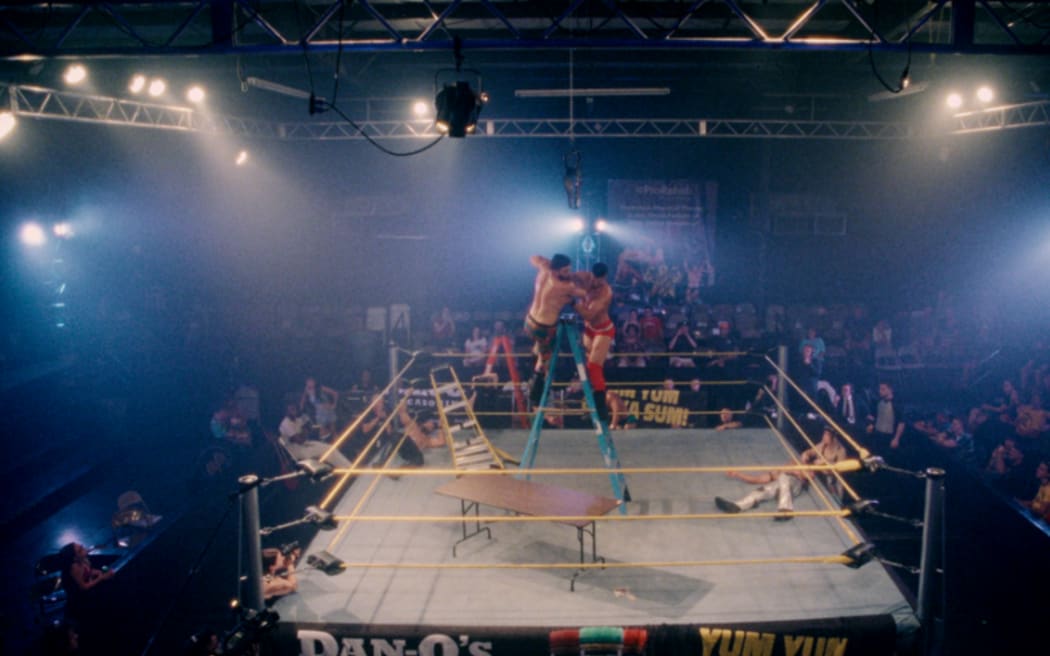
Wrestlers Photo: Netflix
This is where it succeeds where Full Contact struggles, because the tension created between the outspoken Jones and surly Snow twists and turns, taking the viewer on a journey that sees you sympathising with and cursing both equally. The two head up a motley group of personalities and their issues, ranging from substance abuse to toxic relationships to motivating oneself to keep chasing the American Dream while being far from home.
Like Full Contact, all of that character drama is wrapped in expertly shot footage of the wrestling itself. But unlike the rugby fields of Europe, that's all more complimentary to the stories and people you're supposed to be caring about - which is the whole point of these "all-access" documentaries anyway.
It's unfair to get too bent out of shape about that comparison when critiquing Full Contact, though. As noted, it's clear that the makers only really got a slightly more access than would usually be granted to the media anyway, plus their brief was to promote the 6N to a potential new audience. It's certainly not terrible in that regard, if someone had never seen rugby before they'd probably be impressed with Full Contact's action.
The key difference between Full Contact and Wrestlers is that the wrestlers knew exactly what needed to happen in order for the show to work, because the cameras literally go inside their lives and tell a story that doesn't end with a final score line.
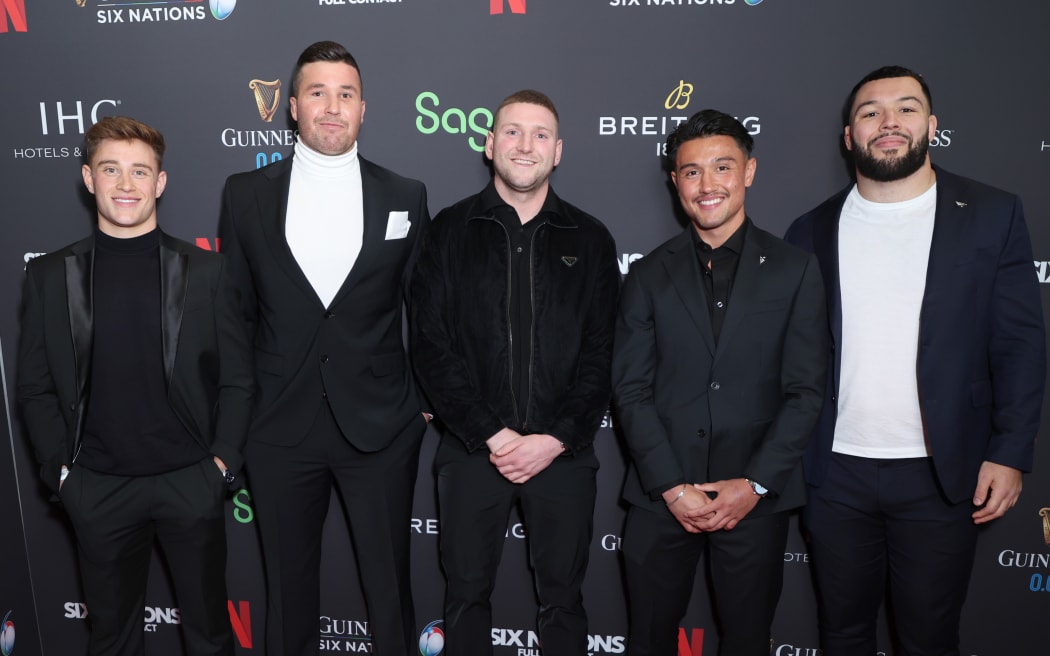
(L-R) Stephen Varney, Sebastian Negri, Finn Russell, Marcus Smith and Ellis Genge attend the world premiere of the Netflix documentary "Six Nations: Full Contact". Photo: Mike Marsland
It's clearly too much to ask a rugby team to do that, especially since they are very much a coach first set up and the players clearly have that on their minds (the famously frictional relationship between Scottish coach Gregor Townsend and his first five Finn Russell is touched on, but frustratingly not fully explored) and as a sporting language it's too laden with cliché for the participants to fully express themselves anyway.
We all know wrestling isn't real, but rugby is. But where these two shows are diametrically opposed is that Wrestlers shows that life is very much an unscripted event, not a slightly hollow promotional vehicle. Here's hoping that if rugby tries this again, it can do a better job.

